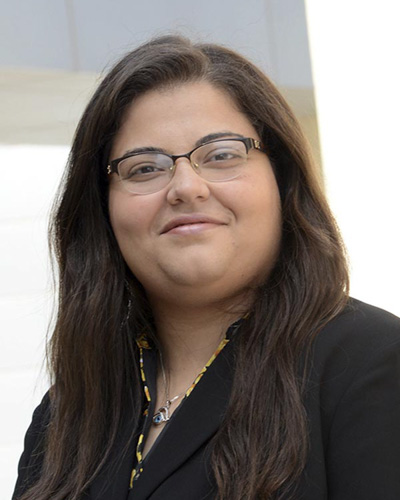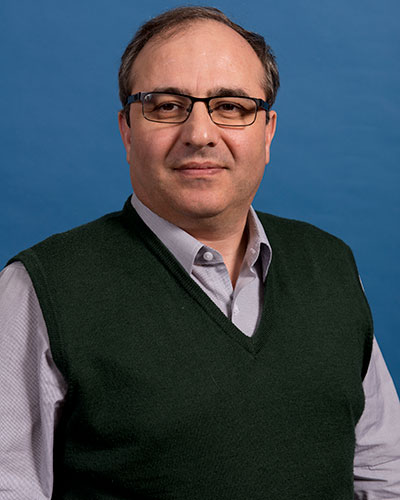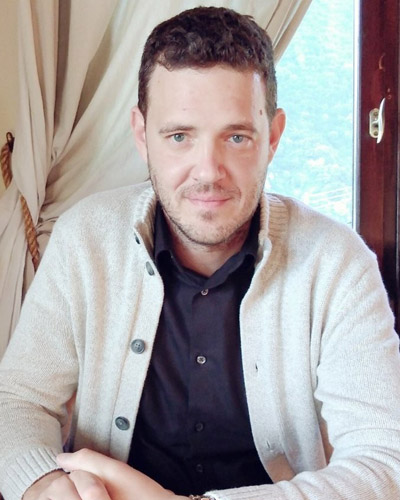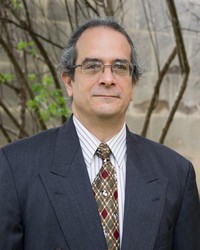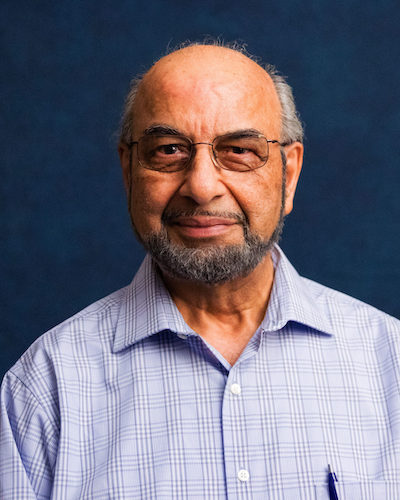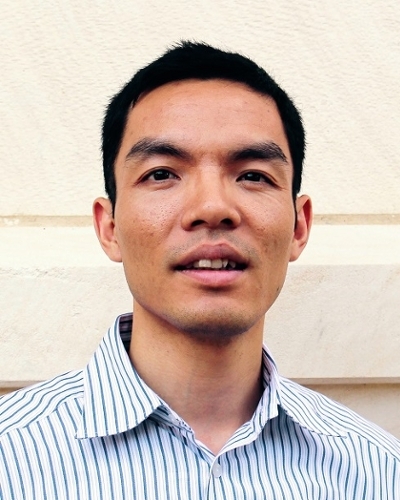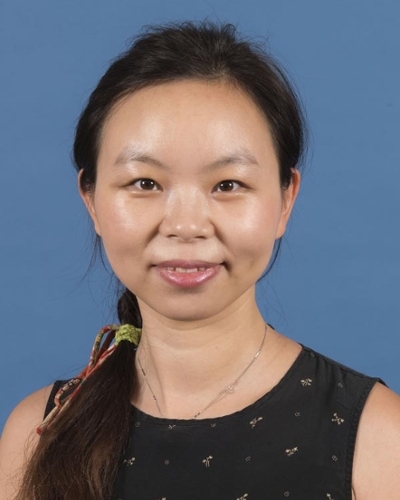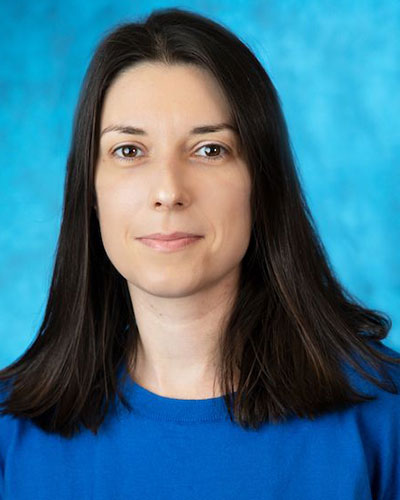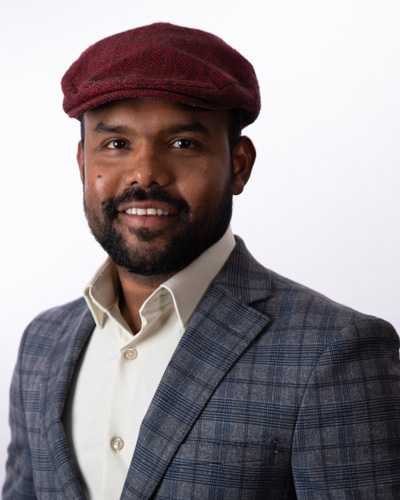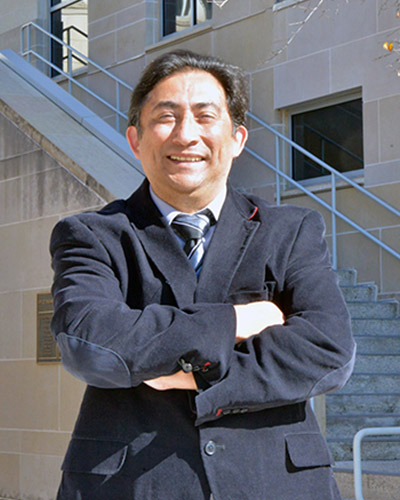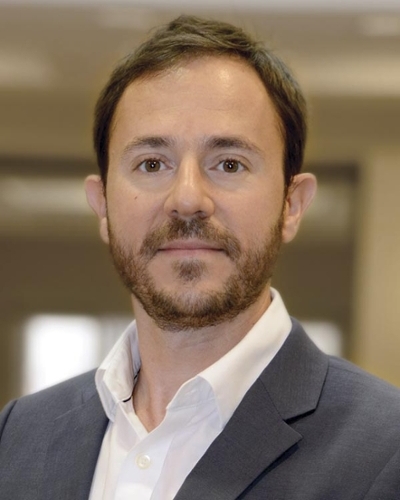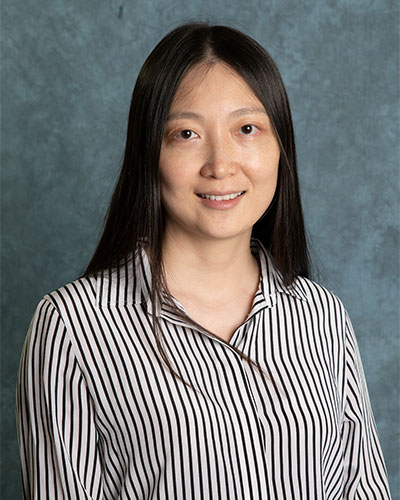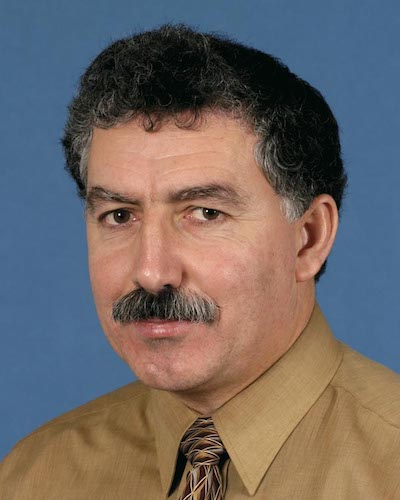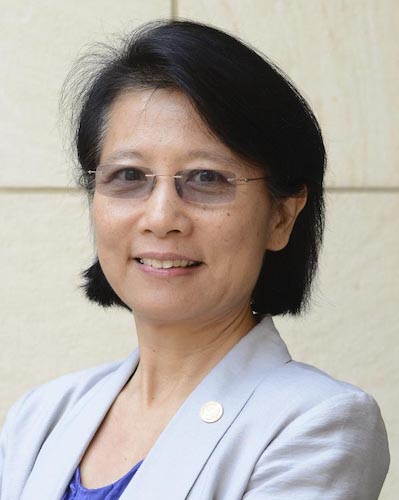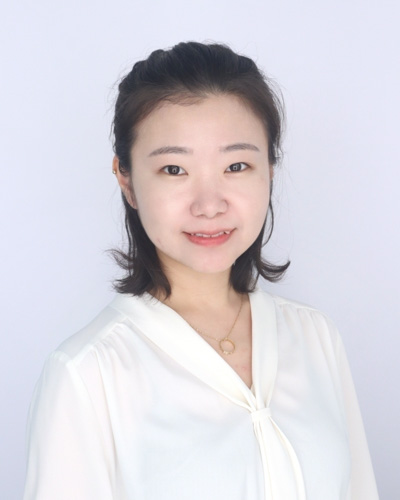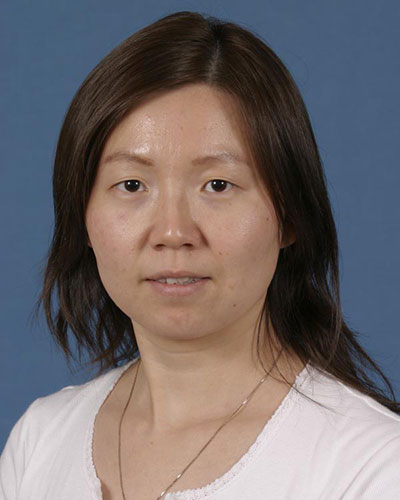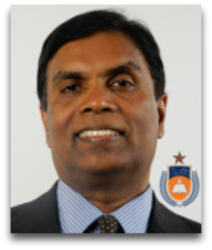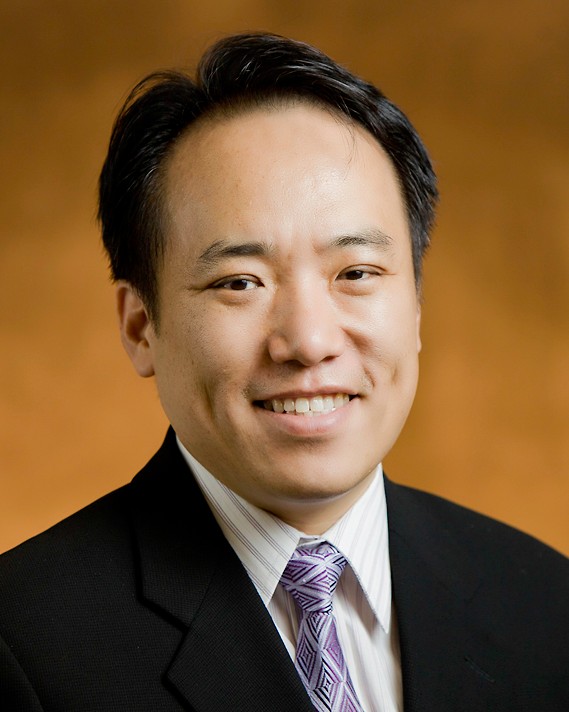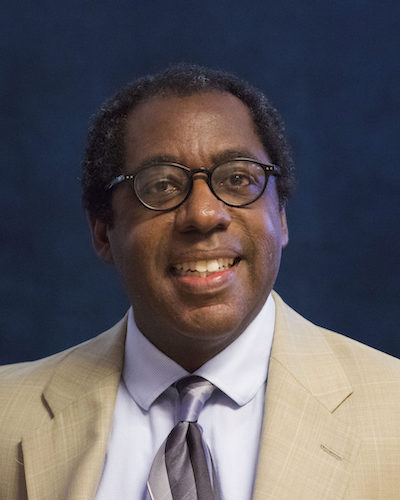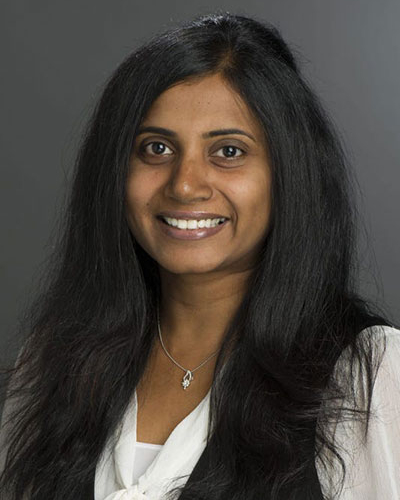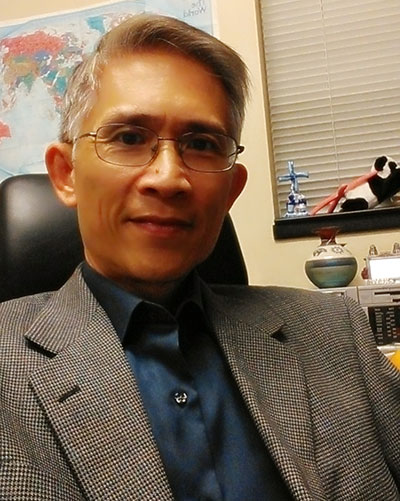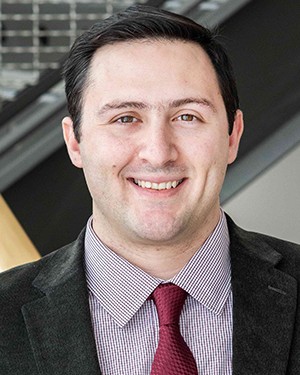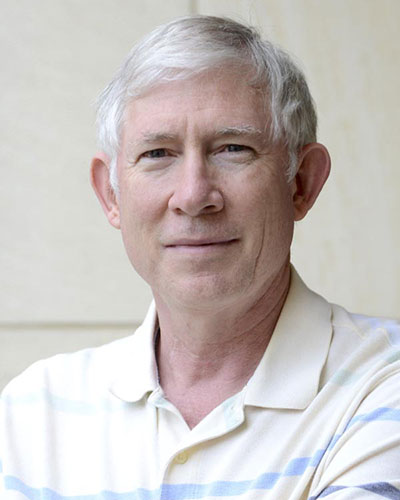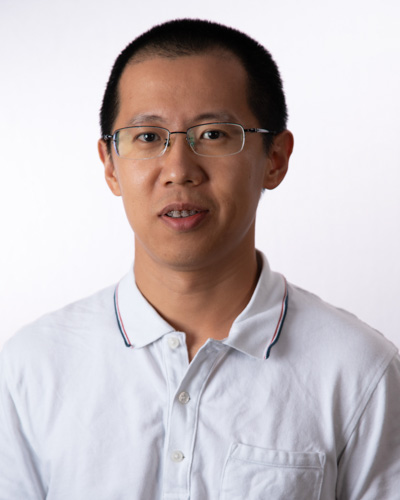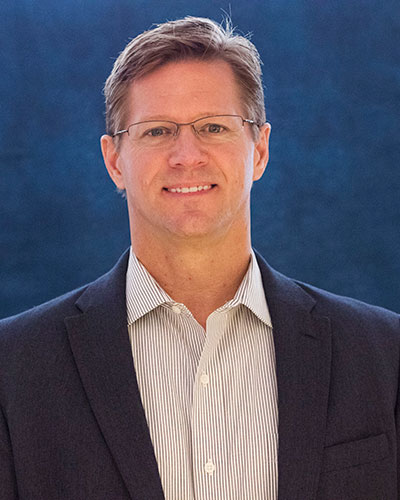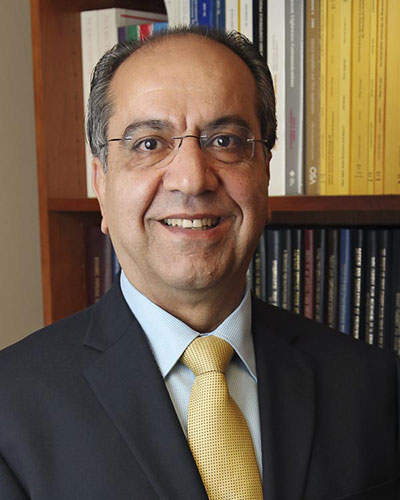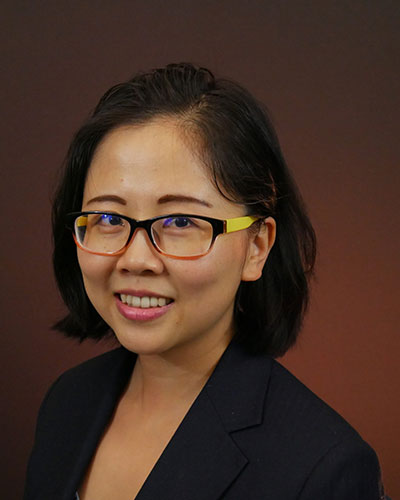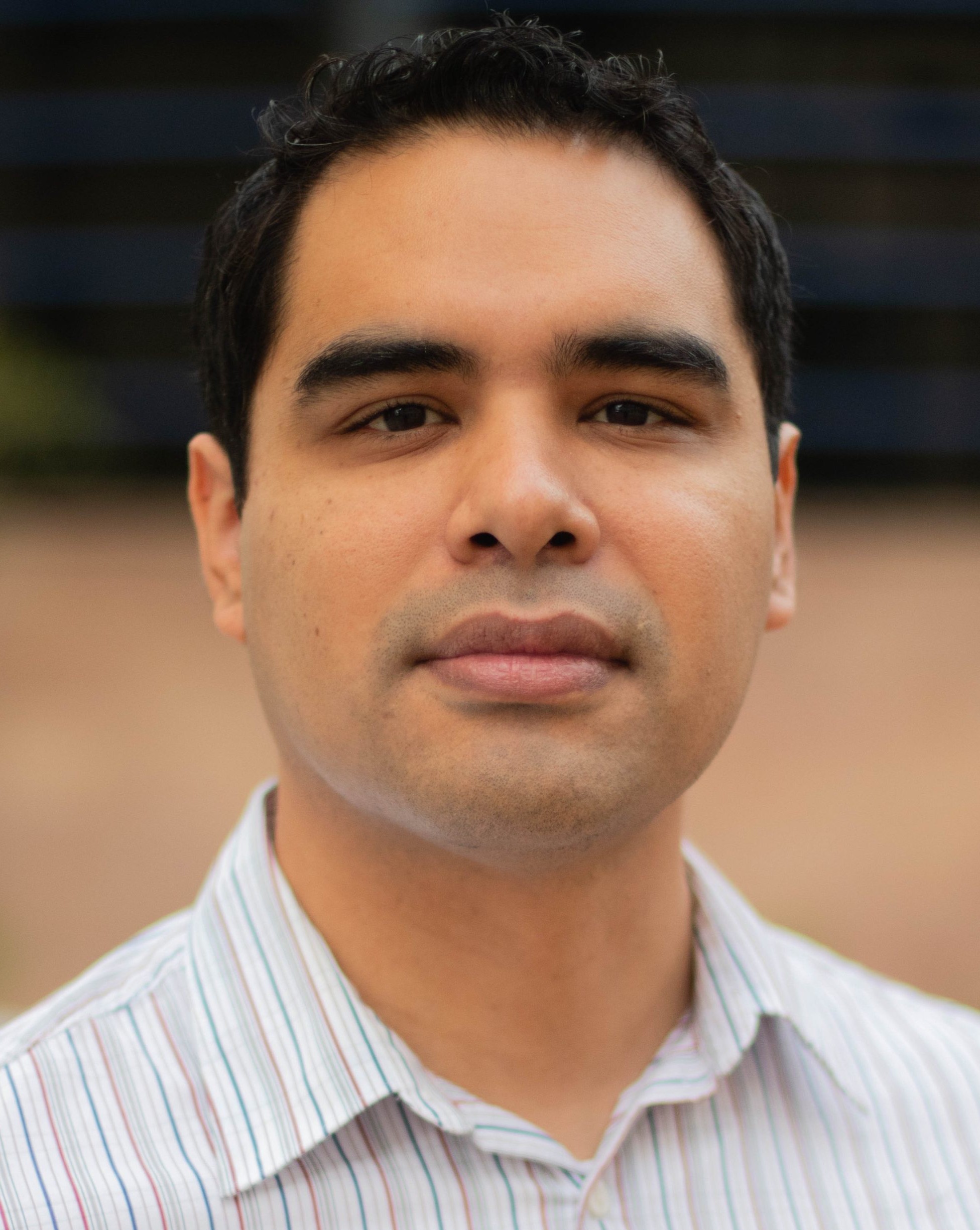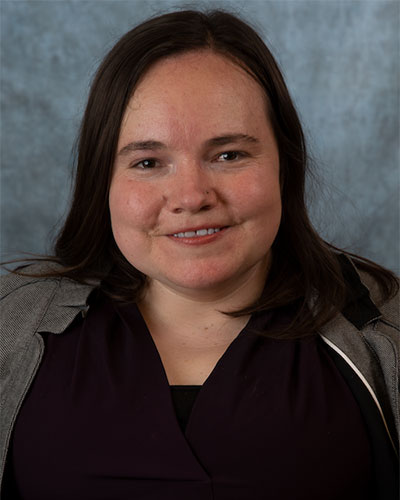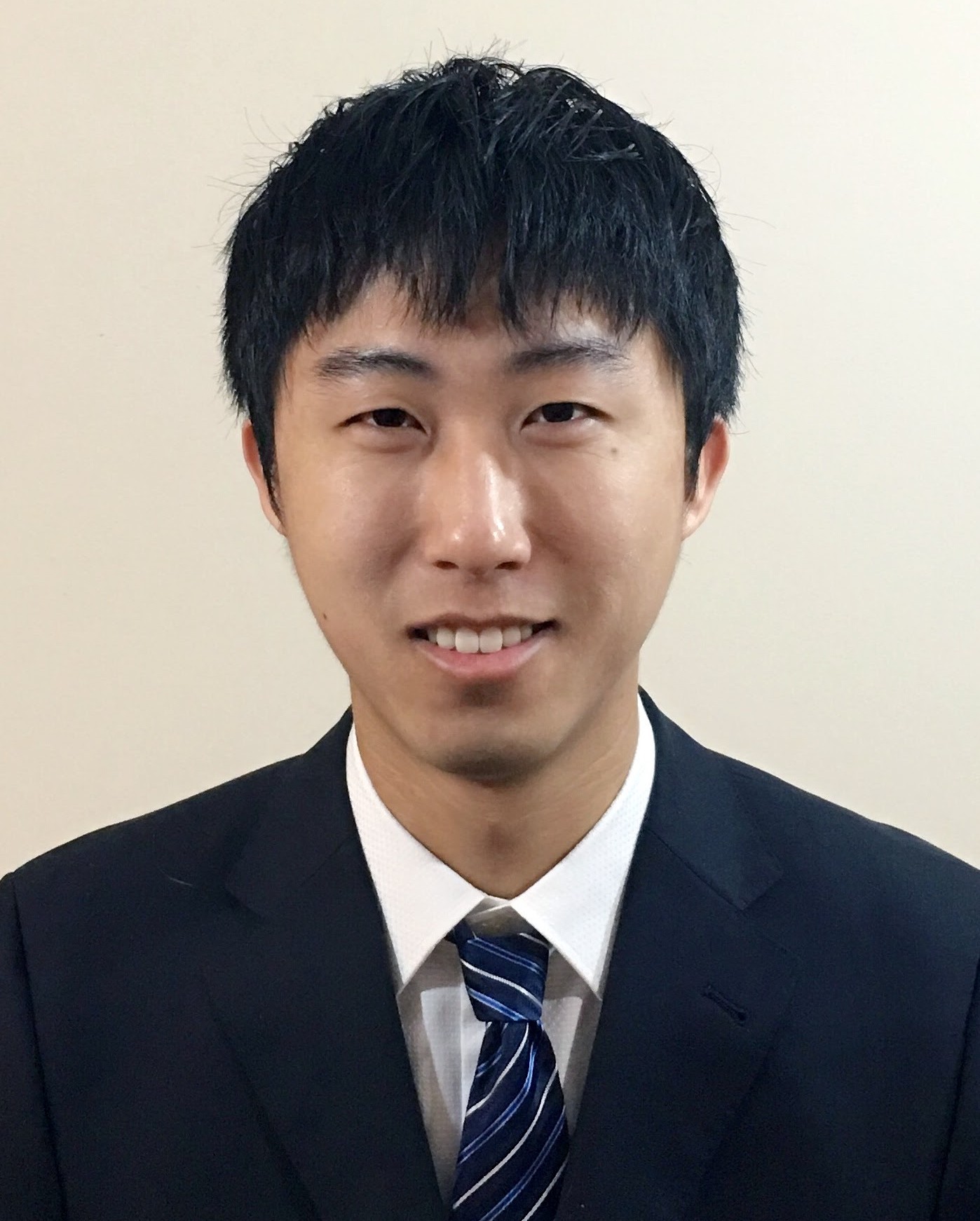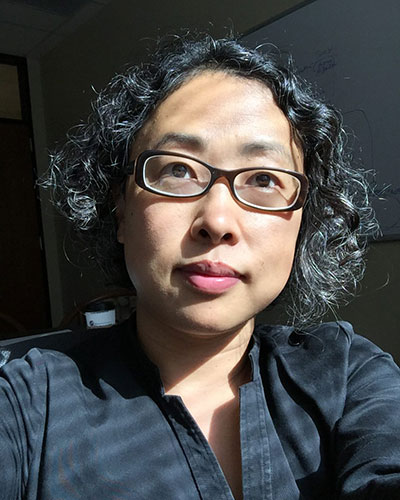The Department of Electrical and Computer Engineering (ECE) is the perfect place for students who are passionate about technology and innovation. From the minute electrical signals of microvolts in an electroencephalogram to the massive power of megavolt electronics, and from computer hardware to software, as well as artificial intelligence, robotics, electric vehicles, UAVs, communication systems and networks, IoT, and cybersecurity, anything using or generating electricity, we have it all!
Our experienced and knowledgeable faculty members are dedicated to providing students with a hands-on learning experience that prepares them for success in the real world. We have state-of-the-art laboratories and equipment that enable students to work on exciting projects, collaborate with their peers, and gain valuable industry experience. The ECE Department is the ideal place for students who want to make a difference in the world through technology and innovation. Join us today and become part of a community that is shaping the future!
Faculty Openings
Faculty Opening in Bioinformatics
Faculty Opening in Semiconductor Microelectronic Devices
Meet our ECE Students:
Department Information
- Main Office: Biotechnology Science and Engineering Building (BSE), Room 1.500
- Phone: 210-458-6482
- Fax: 210-458-6475
- Office Hours: Monday thru Friday | 8 a.m. to 5 p.m.
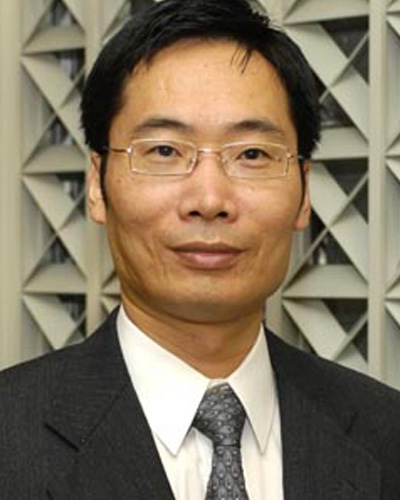
Contact
Chunjiang Qian, Ph.D.
Chair and Mary Lou Clarke Endowed Professor for Leadership, Professor
Electrical and Computer Engineering
chunjiang.qian@utsa.eduHave an inquiry about our program?
We appreciate your interest in the Department of Electrical & Computer Engineering at UTSA and extend our warmest welcome to you from the Department.


